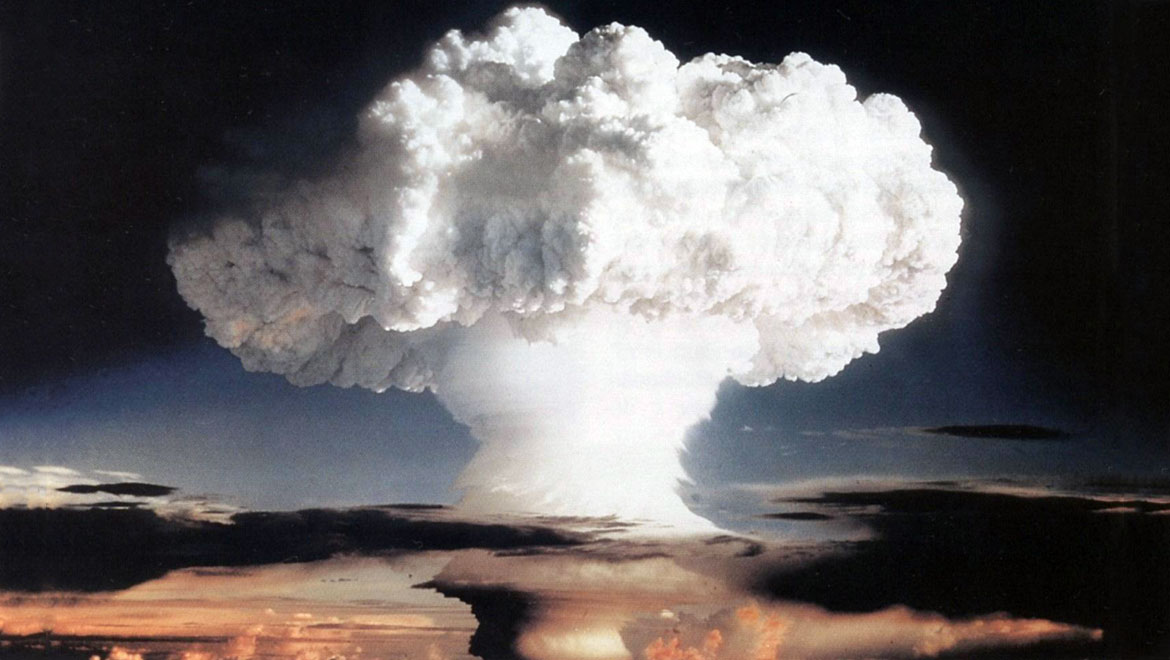The president of the Marshall Islands said on Wednesday his Pacific island nation was “cautiously optimistic” it could soon finalise a deal on future ties with the United States, but repeated a call for Washington to address the legacy of massive nuclear testing in the 1940s and 50s.
The Marshall Islands is one of three sparsely populated Pacific island nations covered by so-called Compacts of Free Association (COFAs) with the United States. Under the agreements, the U.S has responsibility for their defence and provides economic assistance, while gaining exclusive access to huge strategic swaths of the Pacific.
The U.S agreed renewed COFA deals with Micronesia and Palau this year, but is still negotiating with the Marshall Islands at a time when China is making significant inroads into the Pacific, a region the U.S has long considered its back yard.
The foreign minister of the Marshall Islands called in July for more U.S money to deal with the nuclear legacy to enable the renewal of its COFA, the economic terms of which expire on 30 September
Marshall Islands President David Kabua told the annual United Nations General Assembly in New York his country wanted to continue its free association with the United States but Washington “must realise that the Marshallese people require that the nuclear issue will be addressed.”
“We … have satisfactorily addressed most issues and remain cautiously optimistic that our agreements will be finalised soon,” he said. “However, there remain difficult issues that the Marshallese people have insisted need to be resolved … we cannot ignore the wishes of our people.”
Under MOUs agreed this year, the U.S will commit a total of US$7.1 billion over 20 years to the three nations, subject to congressional approval.
Chief U.S negotiator Joseph Yun has proposed Congress approve the total amount by 30 September, even without a final agreement with the Marshall Islands.
The top U.S diplomat for East Asia Daniel Kritenbrink told a July congressional hearing the U.S was “absolutely committed” to reaching a deal with the Marshall Islands, calling such agreements “central to our entire position in the Pacific.”
Marshall Islanders are still plagued by health and environmental effects of 67 U.S nuclear bomb tests from 1946 to 1958, which included “Castle Bravo” at Bikini Atoll in 1954 – the largest U.S bomb ever detonated.
U. S President Joe Biden will host a second summit with leaders of the Pacific Islands Forum at the White House on Monday next week, part of his efforts to step up engagement with a region where the U.S is in a battle for influence with China.
SOURCE: US WIRES/PACNEWS














